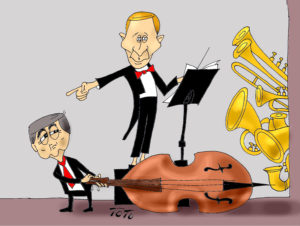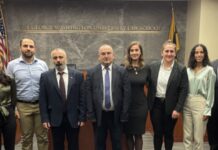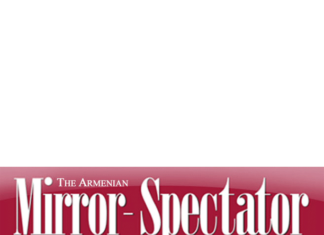 By Edmond Y. Azadian
By Edmond Y. Azadian
While Armenia is caught in a self-flagellation frenzy domestically, tectonic geopolitical changes are taking place at a whirlwind speed and shaping the makeup of the region for many decades to come.
Iran, released from Western sanctions, and Turkey, on an impulsive course of antagonizing the West, are gravitating towards Moscow. President Vladimir Putin will not miss the opportunity to exploit this gravitational pull to make a mockery of Western sanctions against his country.
Through all these evolving changes and realignments, Armenia is being abandoned by its friends and strategic allies, while Azerbaijan is becoming a shining star in the political center stage.
The sequence of events is alarming; President Putin and President Ruhani of Iran are meeting with President Aliyev in Baku this week to negotiate and consolidate regional developments. Then, President Erdogan of Turkey arrives in Russia to mend fences with his northern neighbor and at the very end, President Serzh Sargsyan arrives in Moscow to face the unpalatable outcome of those political developments.
Historically, Russia, Iran and Ottoman Turkey have been enemies and have fought devastating wars for the control of the Caucasus. Their rivalries still exist underneath the political niceties, but overpowering common interests are pulling them together, for the moment.









